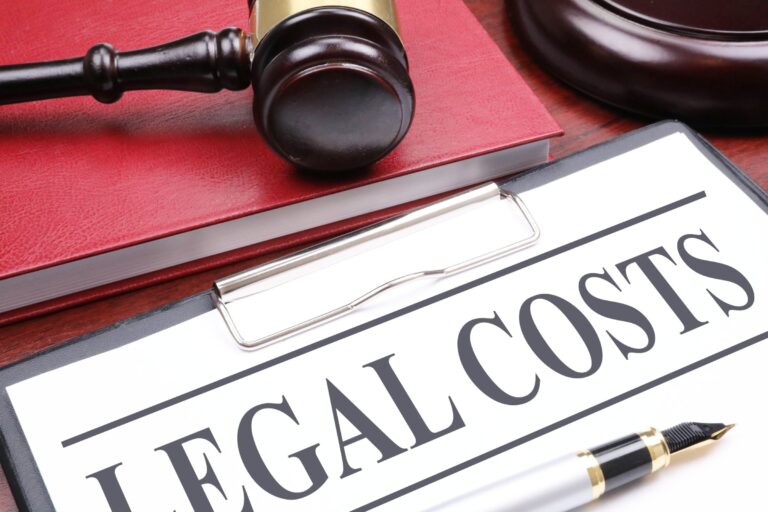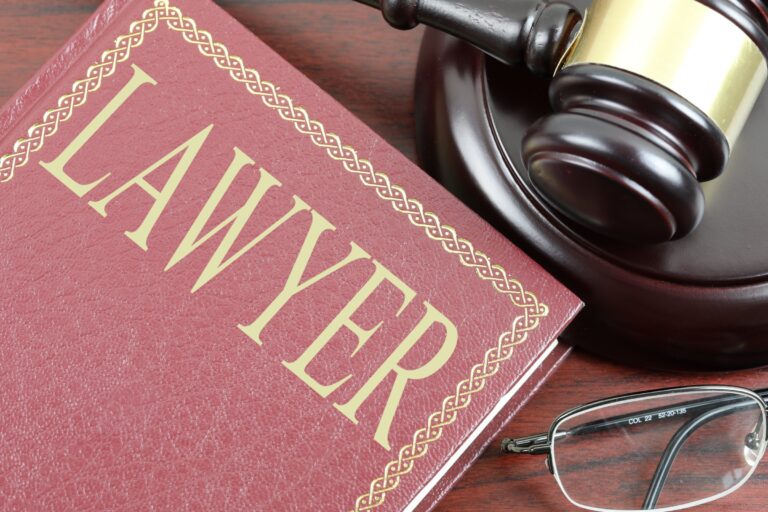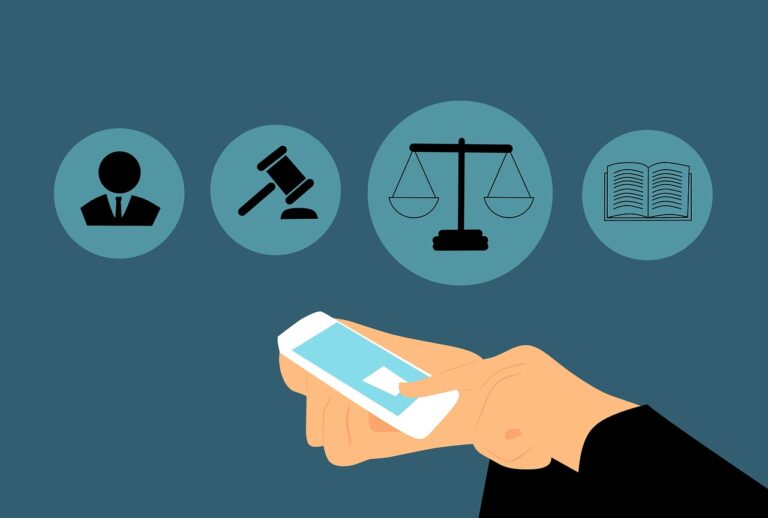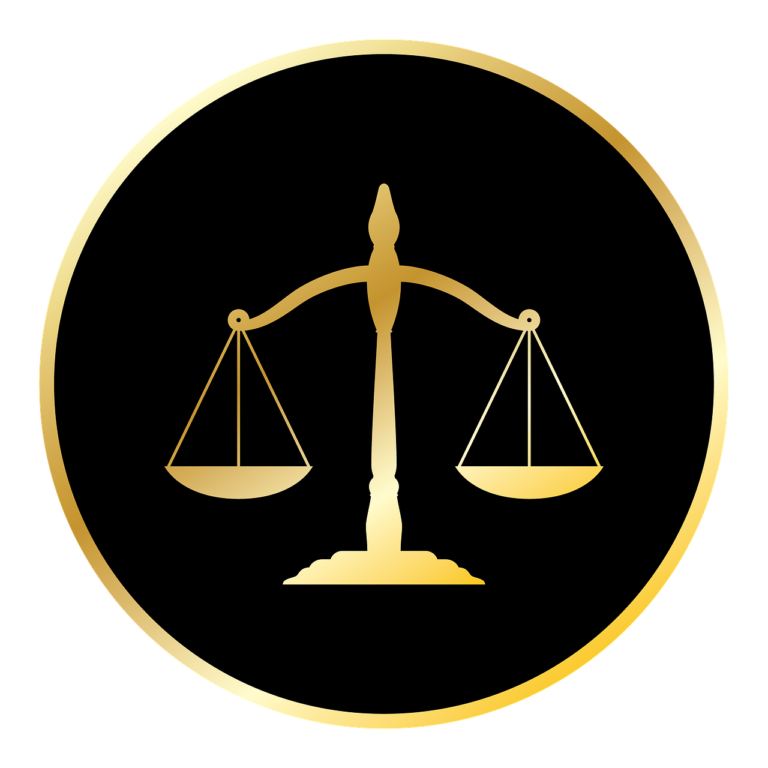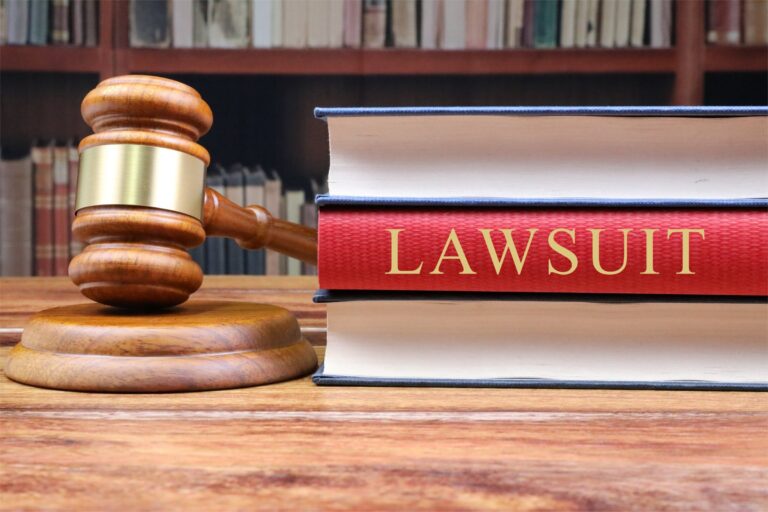Introduction
Overview of legal issues in the workplace
Legal issues in the workplace can be complex and challenging for employers to navigate. It is crucial for employers to have a comprehensive understanding of the various legal issues that may arise in the workplace. This includes but is not limited to discrimination, harassment, wrongful termination, wage and hour compliance, and workplace safety. By having an overview of these legal issues, employers can take proactive measures to prevent violations and ensure a fair and compliant work environment. This article aims to provide employers with a guide on how to effectively deal with legal issues in the workplace and mitigate potential risks.
Importance of understanding legal obligations
Understanding legal obligations is crucial for employers in the workplace. It is essential to have a comprehensive knowledge of the laws and regulations that govern the employment relationship to ensure compliance and avoid legal issues. By understanding their legal obligations, employers can create a fair and safe working environment for their employees, promote equality and diversity, and protect the rights and interests of both parties. Failure to understand and fulfill legal obligations can result in costly lawsuits, damage to reputation, and potential financial and legal consequences. Therefore, it is imperative for employers to prioritize understanding and staying up-to-date with their legal obligations in the workplace.
Common legal challenges faced by employers
Employers often face a variety of legal challenges in the workplace. These challenges can range from discrimination and harassment claims to wage and hour disputes. One common legal challenge faced by employers is ensuring compliance with labor laws and regulations. This includes properly classifying employees, providing appropriate breaks and overtime pay, and adhering to workplace safety standards. Additionally, employers may also encounter challenges related to employee privacy and data protection, such as maintaining confidentiality of employee records and ensuring compliance with data privacy laws. It is crucial for employers to stay informed about the ever-changing legal landscape and seek legal counsel when necessary to navigate these challenges and protect their businesses.
Employment Contracts

Types of employment contracts
In the world of employment, there are various types of employment contracts that employers can use to establish the terms and conditions of employment. These contracts define the relationship between the employer and the employee, outlining the rights and responsibilities of both parties. The most common types of employment contracts include full-time contracts, part-time contracts, fixed-term contracts, and casual contracts. Each type of contract has its own set of regulations and requirements, which employers must adhere to ensure compliance with labor laws and regulations. Understanding the different types of employment contracts is essential for employers to effectively manage their workforce and navigate potential legal issues in the workplace.
Key elements of an employment contract
An employment contract is a crucial document that outlines the rights and responsibilities of both the employer and the employee. It serves as a legally binding agreement that sets forth the terms and conditions of the employment relationship. The key elements of an employment contract typically include the job title and description, compensation and benefits, working hours, leave and vacation policies, termination procedures, and any non-disclosure or non-compete agreements. These elements provide clarity and protection for both parties involved, ensuring a fair and mutually beneficial working arrangement. Employers should carefully draft and review employment contracts to ensure compliance with applicable laws and regulations, as well as to establish clear expectations and prevent potential legal disputes.
Enforceability of employment contracts
The enforceability of employment contracts is a crucial aspect of dealing with legal issues in the workplace. These contracts outline the rights and obligations of both employers and employees, and they serve as a legal framework for the employment relationship. However, not all provisions in employment contracts are enforceable. Courts generally scrutinize these contracts to ensure that they are fair, reasonable, and comply with applicable employment laws. Factors such as undue influence, unconscionability, and public policy considerations can impact the enforceability of certain provisions. It is essential for employers to carefully review and draft employment contracts to ensure that they are legally enforceable and provide adequate protection for both parties involved.
Discrimination and Harassment

Types of workplace discrimination
Workplace discrimination can take many forms, each with its own unique impact on employees and the overall work environment. Some common types of workplace discrimination include age discrimination, where employees are treated differently based on their age; gender discrimination, where individuals are treated unfairly based on their gender; racial discrimination, where employees are subjected to unfair treatment based on their race or ethnicity; and disability discrimination, where individuals with disabilities are treated less favorably. These forms of discrimination not only violate the rights of employees but also create a hostile and unfair work environment. Employers must be proactive in preventing and addressing workplace discrimination to ensure a diverse and inclusive workplace for all employees.
Preventing and addressing workplace harassment
Workplace harassment is a serious issue that can have significant legal implications for employers. It is crucial for employers to take proactive measures to prevent and address workplace harassment. By implementing clear policies and procedures, providing regular training to employees, and fostering a culture of respect and inclusivity, employers can create a safe and inclusive work environment. Additionally, promptly addressing any reports or complaints of harassment, conducting thorough investigations, and taking appropriate disciplinary actions can help mitigate legal risks and demonstrate a commitment to maintaining a harassment-free workplace.
Legal consequences of discrimination and harassment
Discrimination and harassment in the workplace can have serious legal consequences for employers. When employees experience discrimination or harassment based on protected characteristics such as race, gender, age, or disability, they may file complaints with regulatory agencies or even file lawsuits against their employers. These legal actions can result in financial penalties, damage to the company’s reputation, and the need to implement costly corrective measures. It is crucial for employers to create a safe and inclusive work environment, provide proper training on anti-discrimination and harassment policies, and promptly address any complaints to avoid legal repercussions.
Wage and Hour Laws

Minimum wage requirements
Minimum wage requirements play a crucial role in ensuring fair compensation for employees. These requirements establish the minimum amount that employers must pay their workers, providing a baseline for wages. By setting a minimum wage, governments aim to protect workers from exploitation and ensure that they receive a decent standard of living. Adhering to minimum wage requirements is not only a legal obligation for employers but also a moral responsibility. It demonstrates a commitment to treating employees fairly and valuing their contributions. Employers must stay informed about any changes or updates to minimum wage laws to ensure compliance and avoid potential legal issues. By meeting or exceeding minimum wage requirements, employers can create a positive work environment, foster employee loyalty, and contribute to a more equitable society.
Overtime and hours of work
In the workplace, overtime and hours of work can be a complex legal issue for employers to navigate. It is important for employers to understand their obligations under labor laws and ensure compliance to avoid potential legal disputes. Overtime refers to the additional hours worked by employees beyond their regular working hours, and it typically requires employers to pay employees at a higher rate. Employers must also ensure that employees are not working excessive hours, as this can lead to health and safety concerns. By properly managing overtime and hours of work, employers can maintain a fair and productive work environment while minimizing the risk of legal issues.
Recordkeeping and payroll obligations
When it comes to recordkeeping and payroll obligations, employers must ensure that they maintain accurate and up-to-date records of their employees’ hours worked, wages paid, and other relevant information. This not only helps in complying with legal requirements but also serves as a crucial tool in resolving disputes and addressing any potential legal issues that may arise in the workplace. By keeping thorough and organized records, employers can demonstrate their commitment to transparency and accountability, while also safeguarding themselves against any potential legal liabilities. Additionally, proper recordkeeping and payroll management can streamline administrative processes and facilitate smooth operations within the organization.
Workplace Safety

OSHA regulations and compliance
OSHA regulations and compliance are crucial aspects of maintaining a safe and healthy workplace. The Occupational Safety and Health Administration (OSHA) sets standards and guidelines that employers must follow to ensure the well-being of their employees. These regulations cover a wide range of areas, including hazard communication, personal protective equipment, and workplace safety training. Compliance with OSHA regulations not only helps prevent accidents and injuries but also demonstrates a commitment to employee welfare. Employers should regularly review and update their policies and procedures to stay in line with the latest OSHA requirements and ensure a safe working environment for all.
Creating a safe work environment
Creating a safe work environment is crucial for employers to ensure the well-being and productivity of their employees. By implementing safety protocols, providing proper training, and enforcing compliance with legal regulations, employers can minimize the risk of workplace accidents and injuries. Additionally, fostering a culture of open communication and addressing any concerns or hazards promptly can contribute to a safe and healthy work environment. Ultimately, prioritizing the safety of employees not only demonstrates a commitment to their welfare but also helps to protect the employer from potential legal issues and liabilities.
Handling workplace accidents and injuries
Handling workplace accidents and injuries is a crucial aspect of managing legal issues in the workplace. Employers have a responsibility to ensure the safety and well-being of their employees, and this includes taking prompt and appropriate action when accidents or injuries occur. This involves conducting thorough investigations, implementing safety protocols, and providing necessary medical attention and support to affected employees. By effectively handling workplace accidents and injuries, employers can not only protect their employees but also mitigate potential legal risks and maintain a positive work environment.
Termination and Severance

Legal considerations when terminating employees
When it comes to terminating employees, employers need to be aware of various legal considerations. First and foremost, it is important to ensure that the termination is in compliance with employment laws and regulations. This includes following proper procedures, such as providing written notice or severance pay if required. Additionally, employers should be mindful of potential discrimination or retaliation claims that may arise from the termination. It is crucial to treat all employees fairly and consistently, regardless of their race, gender, age, or any other protected characteristic. Employers should also be prepared to provide documentation or evidence to support the reasons for termination, in case of any legal challenges. Seeking legal advice or consulting with an employment lawyer can help employers navigate these complex legal issues and minimize the risk of legal disputes.
Severance pay and benefits
Severance pay and benefits are important considerations for employers when dealing with legal issues in the workplace. When an employee is terminated, whether due to downsizing, restructuring, or other reasons, providing severance pay and benefits can help mitigate potential legal disputes. Severance pay is a financial compensation given to employees upon termination, typically based on their length of service. Additionally, employers may also offer extended health benefits, career counseling, or other resources to support the employee’s transition. By offering fair and reasonable severance pay and benefits, employers can demonstrate their commitment to treating employees fairly and potentially avoid costly legal battles.
Avoiding wrongful termination claims
Avoiding wrongful termination claims is essential for employers to maintain a positive work environment and protect themselves from potential legal consequences. Employers can take several proactive steps to minimize the risk of facing such claims. First and foremost, it is crucial to have clear and well-documented policies and procedures in place that outline the reasons for termination and the process followed. This ensures that terminations are based on legitimate grounds and are not perceived as unfair or discriminatory. Additionally, providing regular performance evaluations and feedback to employees can help address any performance issues early on and offer opportunities for improvement. It is also important to train supervisors and managers on proper termination practices to ensure consistency and fairness. By implementing these strategies, employers can significantly reduce the likelihood of wrongful termination claims and maintain a harmonious workplace environment.







